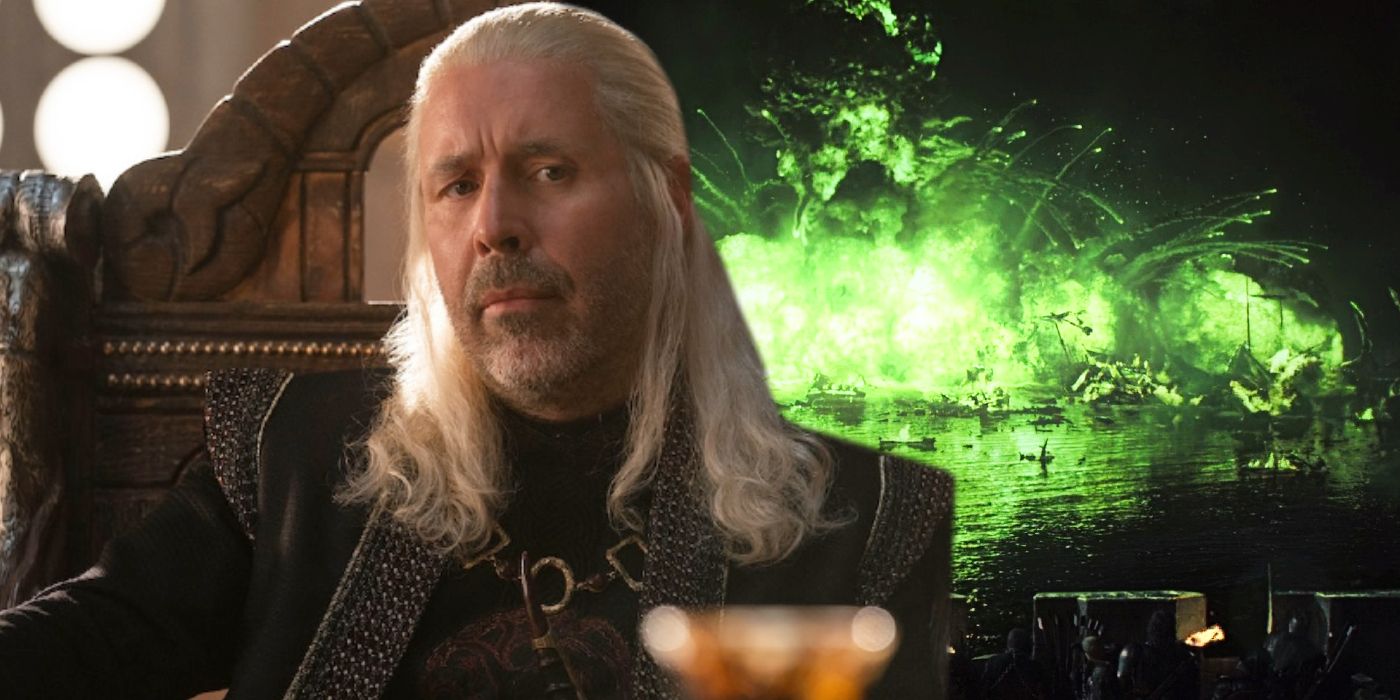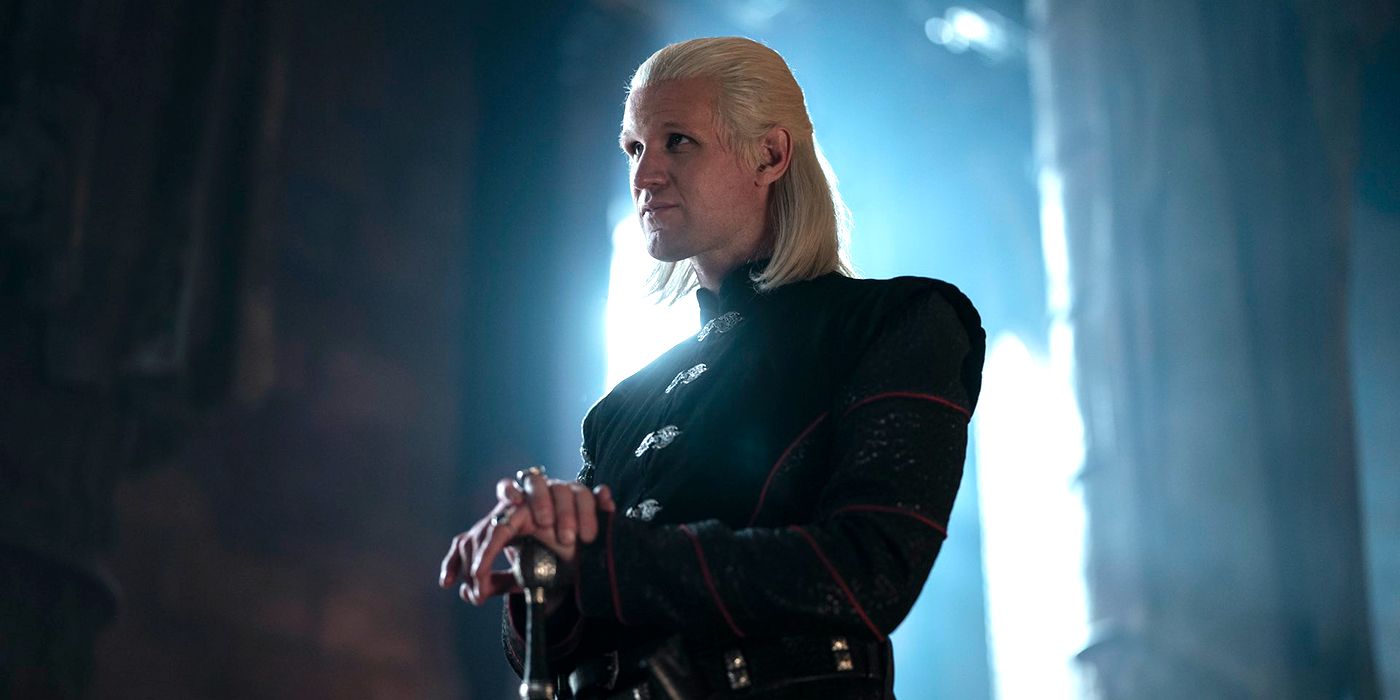The House of the Dragon budget per episode has reportedly been revealed, and it repeats part of Game of Thrones’ early success. Following on from Game Of Thrones’ ending, House of the Dragon will be looking to repeat what made the original HBO show so great, while avoiding the problems that sparked such a backlash to its ending. Only time will tell whether the first of many planned Game of Thrones spinoffs is up to that not-inconsiderable task, but so far the signs have been promising at the very least.
HBO has largely kept House of the Dragon under wraps, but from the teaser trailer to first look images, there’s a great sense of the characters and world once again being brought to life in stunning fashion. House of the Dragon will be different to Game of Thrones in many ways - it is, after all, set around 200 years earlier, meaning a much changed Westeros and a deeper focus on House Targaryen, whose civil war forms the basis of the story. Still, it is also taking some elements of its parent show, with longtime Game of Thrones director Miguel Sapochnik on as co-showrunner (alongside Ryan Condal) and composer Ramin Djawadi back to do the score, as well, of course, as George R.R. Martin co-creating (again with Condal).
Another similarity comes with House of the Dragon’s budget per episode. According to reports, this will be under $20m for each instalment, a hefty sum that has nonetheless been described as smaller than what it could have been, especially when, say, Stranger Things season 4’s episodes are reported to cost around $30 million each and Lord Of The Rings: The Rings of Power season 1 has an estimated budget of $465m. The idea of House of the Dragon starting off at the lower-end of the scale fits with HBO's approach to Game of Thrones season 1, which had a budget of around $6 million per episode that it used very creatively and to its advantage, before growing to be around $15 million for season 8 and putting on a much grander spectacle. With that, it may be House of the Dragon does something similar.
In terms of its budget, Game of Thrones season 1 didn't have any major battle sequence, compared to most of its following seasons; instead, notable moments such as The Battle of the Whispering Wood, which in a later season might have been much bigger, largely played out offscreen. That worked, though, because it was an inventive way of telling the story that in no way hindered its impact, and House of the Dragon season 1, while it won't have to hold back to the same degree - $15-20 million allows for a lot more - means it can still get creative and then have the gradual build through the years, assuming it's renewed.
Game of Thrones season 2's "Blackwater" was so great not only because it's a brilliant feat and good story, but because it was the show's first real example of flexing its budget to such an extent that it felt like a really earned payoff, and it was then able to raise the bar. House of the Dragon's civil war likely won't begin properly until season 2 anyway, which is when the real dragon action should begin, meaning it can have the same kind of escalation and, presumably, a far greater budget around seasons 2 and 3 when dragons not only flying, but fighting one another, will be a much more common occurrence and there's a real sense of that civil war at play.
Of course, it's thanks to Game of Thrones, in part, that House of the Dragon doesn't need to spend as much money, as the report notes that the team's experience means it "can make a high-quality series as efficiently and effectively as possible." Still, it's a good sign of faith that HBO is giving the Game of Thrones spinoff the budget it needs, but isn't just relying on using that to bank on the show's success, instead taking from what has worked before and building upon that success.


